REVIEW
Published on 14 Feb 2024
Research progress on the mechanism of probiotics regulating cow milk allergy in early childhood and its application in hypoallergenic infant formula
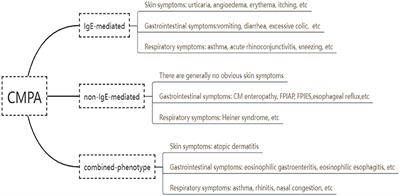
doi 10.3389/fnut.2024.1254979
- 1,913 views
- 1 citation
14k
Total downloads
44k
Total views and downloads
Select the journal/section where you want your idea to be submitted:
REVIEW
Published on 14 Feb 2024

ORIGINAL RESEARCH
Published on 06 Feb 2024
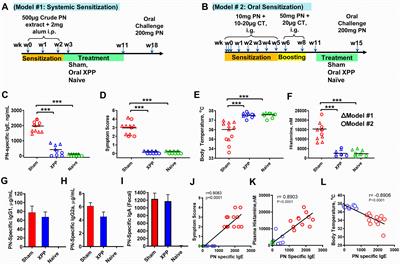
ORIGINAL RESEARCH
Published on 15 Jan 2024
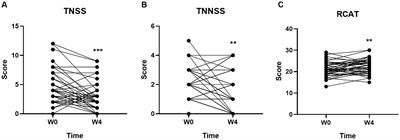
REVIEW
Published on 13 Oct 2023
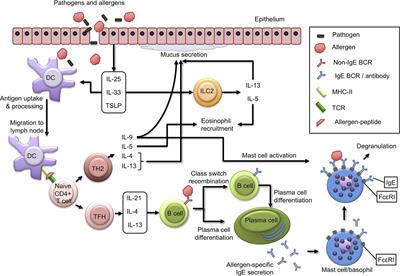
ORIGINAL RESEARCH
Published on 30 Aug 2023
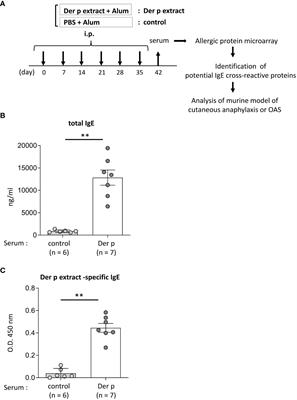
ORIGINAL RESEARCH
Published on 30 Aug 2023

ORIGINAL RESEARCH
Published on 26 Jul 2023
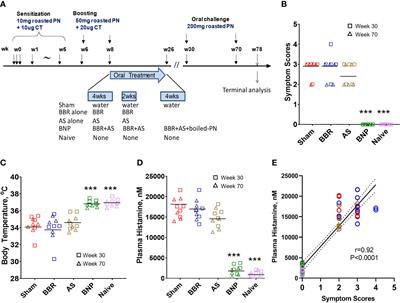
ORIGINAL RESEARCH
Published on 19 May 2023
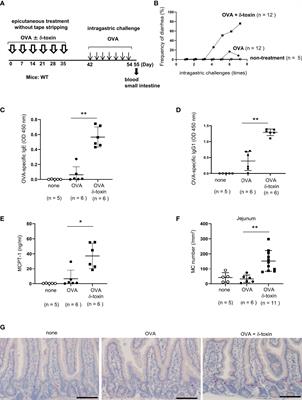
ORIGINAL RESEARCH
Published on 07 Feb 2023

ORIGINAL RESEARCH
Published on 17 Jan 2023

ORIGINAL RESEARCH
Published on 15 Dec 2022
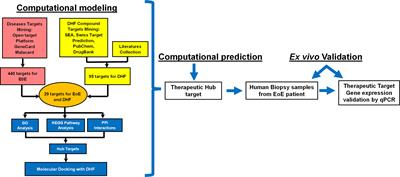

Frontiers in Nutrition